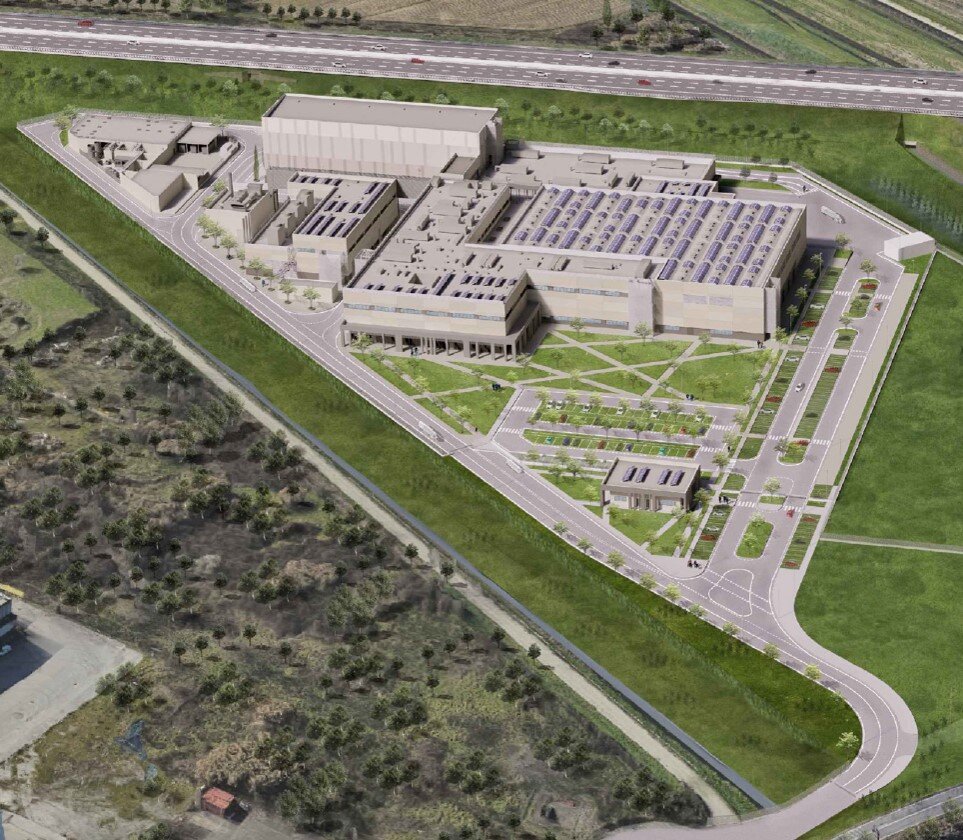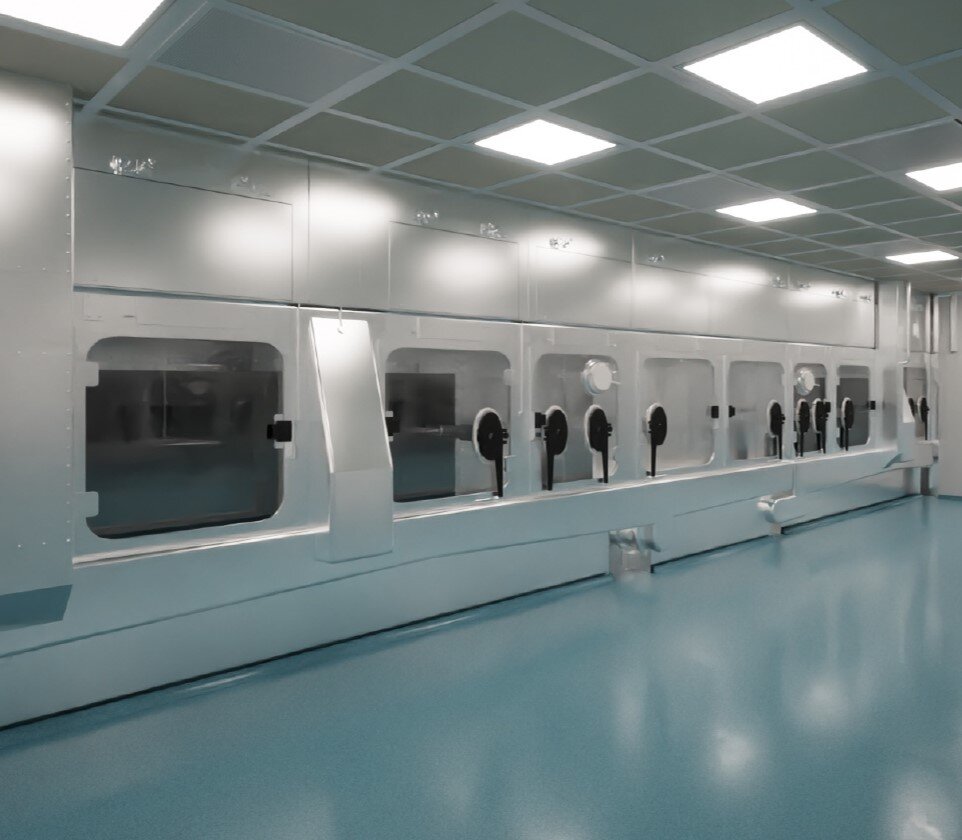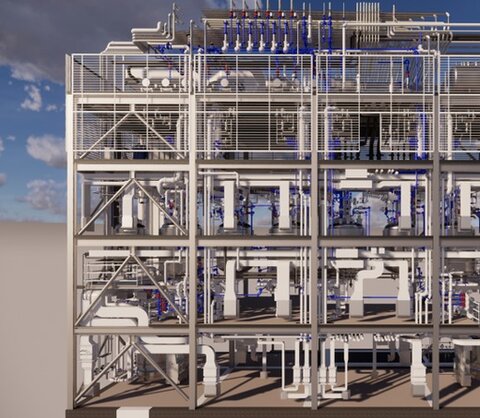Company Insight
Sponsored by Techniconsult Firenze
Sustainable Engineering Solutions for Pharmaceutical Manufacturing Facilities
In today's pharmaceutical industry, integrated engineering solutions that prioritize sustainability are essential.
Main image credit:
In today's pharmaceutical industry, integrated engineering solutions that prioritize sustainability are essential. The shift towards sustainability is driven by the need to reduce environmental impact while maintaining the high standards of efficiency and productivity required in pharmaceutical production.
This article highlights practical sustainable solutions in three key areas: decarbonization, energy efficiency, resource conservation with focus on water use.
Drawing on a real case study based on a green-field project for a sterile drugs facility, Techniconsult has recently applied several solutions that can be effectively implemented to achieve significant environmental benefits and cost savings.

1. Decarbonization
Decarbonization is crucial in reducing greenhouse gas (GHG) emissions. In the pharmaceutical sector, Scope 3 emissions, which include all indirect emissions that occur in the value chain, generally account for over 90% of total emissions. However, addressing Scope 1 (direct emissions) and Scope 2 (indirect emissions from purchased electricity) can create a domino effect, positively influencing Scope 3 emissions.
In this context, key decarbonization strategies include:
- Onsite Renewable Energy: The integration of photovoltaic (PV) systems can yield long-term reductions in carbon footprint and energy costs.
- Water For Injection (WFI) optimization: WFI production by means of distillation units is typically energy intensive. Implementing alternative methods, like thermocompression systems, can significantly reduce natural gas consumption and optimize operational efficiency.
These decarbonization efforts are designed to create a ripple effect, ultimately contributing to lower overall emissions across the entire production chain.
2. Energy Efficiency
Energy efficiency is fundamental to reducing both operational costs and environmental impact. Three primary strategies include:
- Enhanced Building Insulation: Proper insulation helps maintaining internal environmental conditions more efficiently, reducing the impact on HVAC systems and lowering overall energy consumption.
- Heat Recovery Systems: Recovering waste heat through innovative systems, such as heat recovery chillers, can substantially reduce the need for additional energy sources based on natural gas use.
- Optimized HVAC Air Flow Rates: Precise airflow management in classified cleanroom environments, supported by Computational Fluid Dynamics (CFD) analyses, helps to reduce energy waste while maintaining critical cleanliness standards.

These measures lead to significant reductions in energy use, contributing to both sustainability and cost-effectiveness.
3. Water Conservation

Our approach focuses on:
Efficient WFI Production Technologies: Accurate optimization of manufacturing and cleaning processes together with the selection of the most effective technologies for WFI generation can lead to substantial reductions in water consumption and wastewater production.
Leak Minimization and Control: Utilizing automatic control systems and best design practices helps to mitigate water losses, ensuring efficient use and prompt detection and repair of leaks.
Focusing on water conservation not only supports sustainability goals but also ensures more efficient operational processes.
Conclusion
Integrating sustainable engineering solutions in areas like decarbonization, energy efficiency and water conservation allows pharmaceutical facilities to substantially reduce their environmental impact and operational costs. Embedding these practices into the design and operation of manufacturing sites promotes both operational excellence and environmental sustainability.
Don’t miss the opportunity to engage with our experts at CPHI Milan 2024 to learn more about the results we've achieved in emissions reduction, consumptions optimization, and cost savings. Explore how these sustainable solutions can transform your operations.
About Techniconsult Group
Techniconsult Group is one of the few Italian groups with over 35 years of experience, offering extensive support throughout the entire project lifecycle. We provide a comprehensive range of services for the Life Sciences industry, including initial consulting, design, procurement assistance, site management, construction, start-up, commissioning, qualification, and maintenance.
Contact information
Techniconsult Firenze SRL
Tel.: +39 055 455561
Email: info@tcfirenze.com
Web: www.tcfirenze.com
